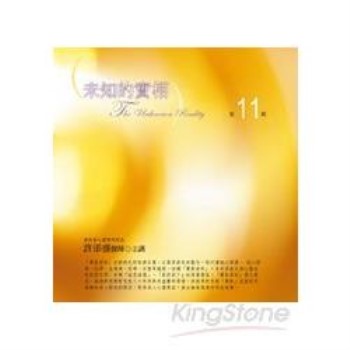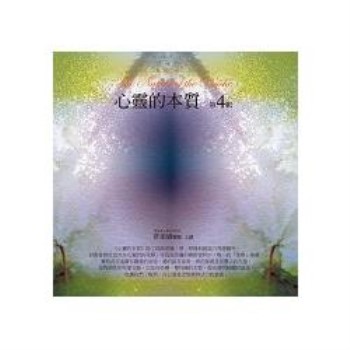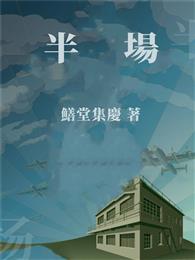Preface by Jamal Al Salah
From the depths of his heart, the author, Samih Masoud, pours his emotions and feelings into this powerful novel about Umm As’ad, whom he considers his second mother. The pain squeezes his heart with every drop that flows from his pen onto the paper as he passionately narrates her life tragedy, which the reader can effortlessly observe. This novel takes us on an unforgettable and painful journey through many places in the author’s occupied homeland, Palestine. Feelings of bitterness and sorrow emerge from every word he writes about his hometown, Haifa. Haifa was the city the author loved and cherished, before it was cruelly ripped from his embrace by the Zionist forces with the assistance and betrayal of the British in their colonialistic endeavors, which constitutes one of the most massive raids on a homeland in the history of the world. Haifa, the city of my ancestors, was introduced to me by Samih Masoud through his breath, emotions, tears, and narratives he wrote down in his books. His Haifa collections continue to be highly cherished in his small yet majestic home museum. Each one of those extensive volumes evoked in me the memories of three of my departed ancestors who served as mayors of Haifa during the Ottoman rule of Palestine, as the author’s series of books about Haifa portray. Many other members of my family also held prominent positions in various fields. The writer takes us on an emotion-laden adventure through the turbulent history of Palestine during that time, bearing the burdens of his conscience during the British occupation of his homeland. He carries with him memories of the great revolution of 1936 and its challenges. His thoughts and memories are deeply immersed in pain and nostalgia, especially when he mourns the martyrdom of As’ad Abu Dhiab, his father Hamad, and his friend Ra’id Kasabri. It appears as if he is renewing his loyalty to them through his narration, while he is honoring their history and struggles. Samih Masoud’s voice rhymes with powerful melodies of revolution and resistance. Through vivid imagery, he has that voice playing the national anthem, calling for the inevitable liberation of every inch of Palestinian lands. The highly vocal images represent the restoration of Palestine’s sovereignty and freedom. He ingrains in his imagery the scent of jasmine flowers and the soothing sounds of the sea waves on its shores. By evoking his memories, the author beautifully embodies his deep love for his homeland. The novel Umm As’ad is about a unique journey through the realms of the past, reconstructing places and events of the era before the Israeli occupation. It captures our hearts with overwhelming emotions, inviting us to contemplate and reflect on the history of a homeland that endures suffering and strives for freedom and dignity. It reminds us that hope still thrives, despite all the trials and challenges. This novel portrays the determination and resolve of Palestinians to achieve freedom and justice, instilling in us a strong sense of unity for our beloved homeland. So that our eyes, minds, and breath can once again rest peacefully as we have lost that tranquility since our homeland was violated. Despite my sincere efforts, my words fail to describe the depth of my feelings, the immense joy I felt during my initial reading of the novel, and the profound emotions I experienced while translating this literary offering. I genuinely hope that the reader will wholeheartedly embrace this pain-laden journey and gain a profound understanding of our cause from its intricately and masterfully articulated human perspective. Jamal Al SalahThe Translator Founder
INTERACTION for Development Services
Facilitator and Trainer, TOT, and E-Learning

 看圖書介紹
看圖書介紹










